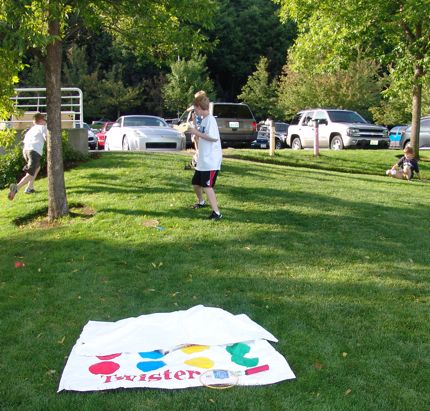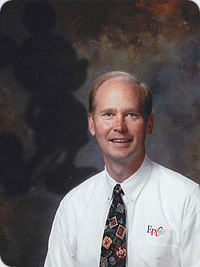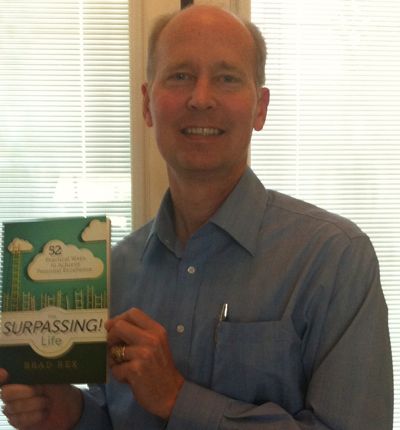In today’s post, our frequent guest columnist Brad Rex, weighs in on the importance of being humble in order to achieve success. Humble Success is an excerpt from his book, “The Surpassing! Life.”
Shhhh
In the attitude of silence the soul finds the path in a clearer light, and what is elusive and deceptive resolves itself into crystal clearness. Our life is a long and arduous quest after Truth.–Mahatma Gandhi
I have discovered that all human evil comes from this; man’s being unable to sit still in a room.–Blaise Pascal
When you don’t know what to do, get still. Get very still until you do know what to do.–Oprah Winfrey
Be still and know that I am God.–Bible, Isaiah 40: 3
Phone calls. E-mails. Text messages. Commercials. Bill-boards. Pop-ups. Multi-tasking. 24/7. Single parents. Sandwich generation. Instant messaging. On demand. In today’s world, we are constantly bombarded by messages, activity and demands.
Contrast this with our forebears from a generation ago, who “lacked” our modern conveniences of cellphones, computers, microwaves, and cable television. Most stores were open 9-5 and everything was closed on Sundays, by law. There were only three TV channels; businesses communicated by letters, memos and faxes; and phones were wired to the wall. People took vacations (often for several weeks) and did not work.
A huge benefit of this lifestyle was the freedom of thought time, without distraction. Watching a sunset, taking a walk after dinner, enjoying a lazy Sunday afternoon in the hammock, or completely forgetting about work on vacation was an expectation, rather than an exception.
Interestingly, the United States enjoyed its highest productivity from 1870-1950, with the greatest growth from 1930-1950. Current growth pales in comparison. The statistic of “multi-factor productivity,” which measures the benefit of new ideas, has been essentially flat since the 1970s, compared to two to three percent per year during the 1950s and 1960s. While there are many potential causes, could the lack of quiet, reflective time reduce our capacity for innovation?
Despite the pressures of our society, you can set boundaries that allow you to put thinking time back into your schedule:
• Set aside time each day on your calendar for reflection. Many people do this in the morning prior to getting ready for work or school. Some read the Bible or a morning devotional. Others walk and think. Scientific studies have shown significant benefits from combining physical activity, changing natural scenery, and pondering a problem.
• Prior to dinner, have everyone put his or her mobile device in a basket (preferably soundproof) and leave it there for the duration. For once, you can have an uninterrupted conversation.
• Put your mobile device in another room when you get home from work, and don’t look at it the rest of the night.
• Turn off the radio in the car during your commute.
• Establish a TV-free night on at least one day during the week.
• Set an out-of-office alert and turn off your e-mail on vacation. One of the best vacations we took as a family was an overseas cruise. I told everyone in the family that I would not pay international roaming charges, and all phones had to stay off during the entire trip. We focused on each other and put aside the hectic expectation of immediately responding to others.
• Set one day of your week, such as Saturday or Sunday, as a “Sabbath,” when you rest, relax and don’t do any work. Use the time to reflect and reconnect with friends and family.
As you think back on the times when you were most productive and had your best ideas, you’ll likely find it was when you were not at work. Be sure to create “downtimes” to maximize your creativity and productivity.
Action Points
• Set boundaries for yourself and your family.
• Determine your best time or environment for ideas, and replicate it.
• Recognize that a rhythm of work and rest results in greater productivity, and constant activity results in diminishing returns.
Payoff
Better ideas, a more relaxed life, a stronger family.

















































